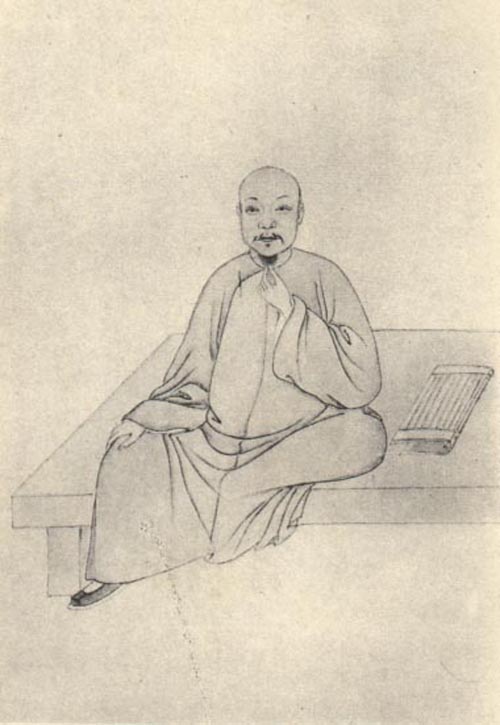|
Recorded Occasions Of Song Poetry
''Song Shi Jishi'' (, "Recorded Occasions of Song Poetry") is a compilation of historical accounts about poets of the Song dynasty. It was edited by the prominent Qing dynasty poet Li E. According to the author's preface, the process of compilation started from 1725, and took about 20 years to finish. The book comprises 100 volumes, discuss about 3812 Song Dynasty poets. Its style and structure imitated that of the 12th century book ''Recorded Occasions of Tang Poetry'', there is one chapter for every poet, including a biography, several representative poems and comments. The book preserved a lot of literature materials about Song poetry, and opened a pass for similar works such as ''Recorded Occasions of Liao Poetry'', ''Recorded Occasions of Jin Poetry'', ''Recorded Occasions of Yuan Poetry'', ''Recorded Occasions of Ming Poetry'' and ''Recorded Occasions of Qing Poetry''. Lu Xinyuan, a book collector of late Qing era, composed a book named ''Supplement to the Recorded Occasions o ... [...More Info...] [...Related Items...] OR: [Wikipedia] [Google] [Baidu] |
Li E
Li E (; 1692–1752), courtesy name Taihong (太鴻), ''hao'' Fanxie (樊榭), was a Qing Dynasty Chinese poet, essayist, and scholar. Known for his erudition and his poems of the "pure and spare" style, Li is recognized as one of the leaders of the Zhejiang School of poetry. Life Born in a poor family in Qiantang (modern Hangzhou, Zhejiang) and orphaned in early childhood, Li E nevertheless became well educated and made a living as a tutor for many years. In 1720 he passed the imperial examination for the ''juren'' degree, but was unable to advance his career in government, partly due to his temperament. Instead, he made a name for himself as the most erudite person with regard to Song Dynasty poetry. He is widely considered a leader of the Zhejiang School of poetry (also known as Western Zhejiang School of Lyrics), which was started by Zha Shenxing and Zhu Yizun. Li E valued his interest in scholarship more than his worldly career. When he was passing through Tianjin on the way ... [...More Info...] [...Related Items...] OR: [Wikipedia] [Google] [Baidu] |
